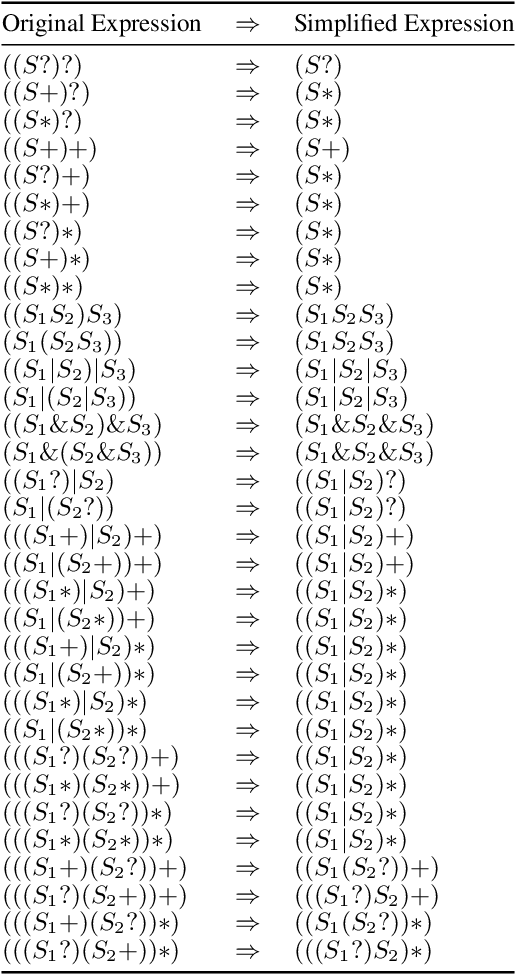Process Discovery for Structured Program Synthesis
Paper and Code
Aug 13, 2020



A core task in process mining is process discovery which aims to learn an accurate process model from event log data. In this paper, we propose to use (block-) structured programs directly as target process models so as to establish connections to the field of program synthesis and facilitate the translation from abstract process models to executable processes, e.g., for robotic process automation. Furthermore, we develop a novel bottom-up agglomerative approach to the discovery of such structured program process models. In comparison with the popular top-down recursive inductive miner, our proposed agglomerative miner enjoys the similar theoretical guarantee to produce sound process models (without deadlocks and other anomalies) while exhibiting some advantages like avoiding silent activities and accommodating duplicate activities. The proposed algorithm works by iteratively applying a few graph rewriting rules to the directly-follows-graph of activities. For real-world (sparse) directly-follows-graphs, the algorithm has quadratic computational complexity with respect to the number of distinct activities. To our knowledge, this is the first process discovery algorithm that is made for the purpose of program synthesis. Experiments on the BPI-Challenge 2020 dataset and the Karel programming dataset have demonstrated that our proposed algorithm can outperform the inductive miner not only according to the traditional process discovery metrics but also in terms of the effectiveness in finding out the true underlying structured program from a small number of its execution traces.
 Add to Chrome
Add to Chrome Add to Firefox
Add to Firefox Add to Edge
Add to Edge